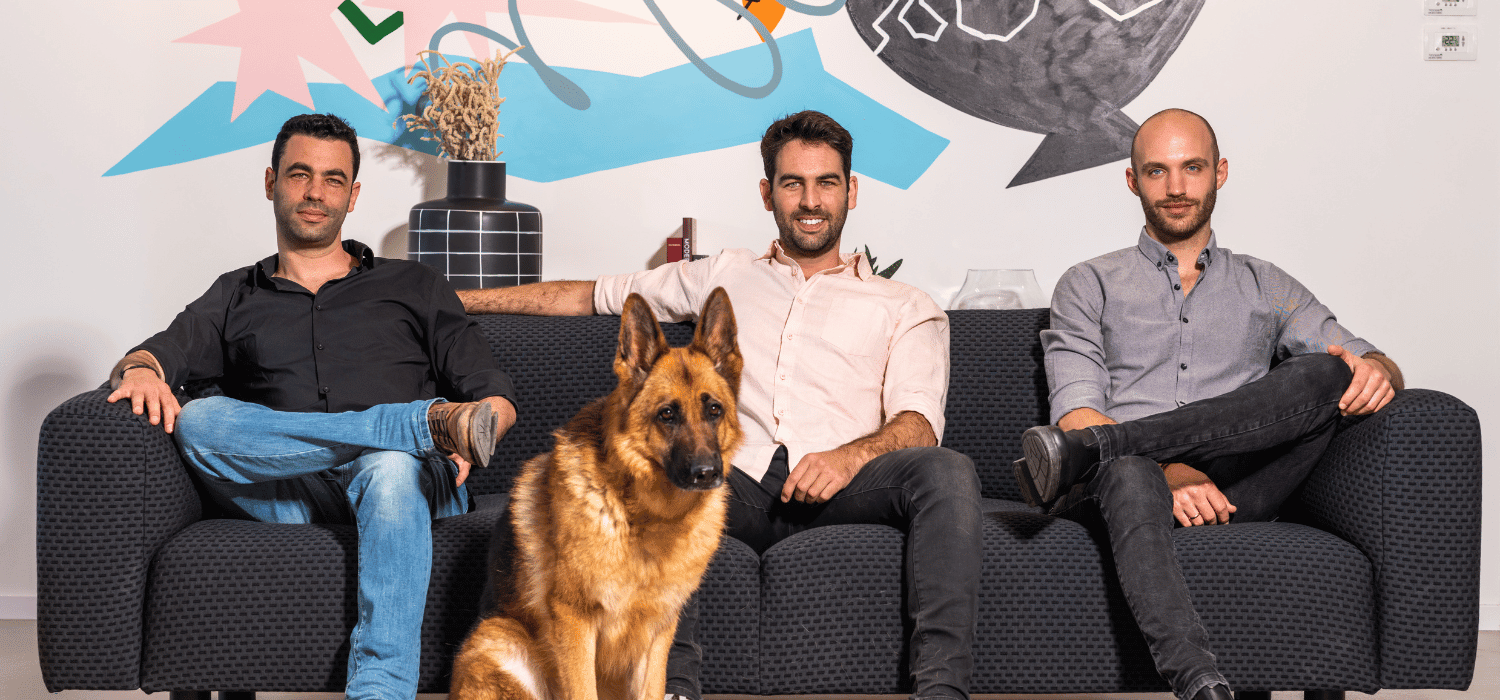
In the ever-evolving world of recruitment, companies are under increasing pressure to adapt their hiring processes to reflect the changing needs of the workforce. One of the biggest shifts in recent years is the recognition that traditional interviews, which were once the gold standard in candidate evaluation, are no longer enough.
With interviews often relying on rehearsed responses, vague anecdotes, and subjective impressions, it’s becoming clear that the traditional approach to hiring has its limitations. However, interviews still play a crucial role in assessing cultural fit, communication skills, and other interpersonal traits that are difficult to gauge in other formats.
Enter Canditech, a cutting-edge platform that uses job simulations and branded skills assessments to supplement interviews with a more reliable, objective, and bias-free method of assessing a candidate’s potential. By combining these approaches, companies can gain a holistic understanding of a candidate’s qualifications—one that accounts for both their interpersonal abilities and their real-world skills.
The Limitation of Traditional Interviews
For decades, interviews have served as the cornerstone of hiring, providing recruiters and hiring managers with an opportunity to evaluate candidates’ communication skills, professionalism, and fit for the company culture. However, research indicates that interviews often fall short in predicting job performance. Deeper Signals states that interviews are frequently ineffective in forecasting job success, with candidates judged on confidence and charisma.
Moreover, the prevalence of dishonesty during interviews is concerning. According to social psychologist Ron Friedman, 81% of individuals lie during job interviews, believing that dishonesty may be necessary to secure a job offer. This widespread fabrication further undermines the reliability of traditional interviews.
Traditional interviews also lack a hands-on approach. They don’t allow employers to observe how a candidate would handle real-world tasks or challenges they’d face on the job. This is where job simulations and skills assessments can bridge the gap.
The Rise of Job Simulations
Canditech’s innovative platform is revolutionizing recruitment by enabling companies to assess candidates through realistic job simulations tailored to specific roles. These simulations go beyond the typical question-and-answer format of interviews, offering a dynamic and immersive way to evaluate candidates' skills, cognitive abilities, and personality traits.
Whether it’s problem-solving, managing customer inquiries, or executing marketing strategies, job simulations place candidates in day-to-day job scenarios, allowing them to demonstrate their capabilities in real time.
The key advantage of job simulations over traditional interviews is their ability to focus on what candidates can actually do, rather than relying on what they say they’ve done or how well they can articulate their experiences. With tailored assessments designed around the actual requirements of the role, employers can base decisions on measurable outcomes instead of subjective impressions.
There Is No Replacement for Job Interviews
There is no substitute for face-to-face interaction. However, interviewing every candidate is impractical, leading companies to rely on resumes that only show a small part of the picture. With Canditech, you can see the candidate beyond the resume and locate more qualified candidates by letting them showcase their skills, potential, and personality through one-way video interviews. This enables you to have more meaningful interviews with those who have demonstrated have the highest potential to excel in their role.
The Validity of Skills Assessments
According to the Harvard Business Review, “Work sample tests that mimic the kinds of tasks the candidate will be doing are the best indicators of future job performance.” Work sample tests ranked as the most effective hiring method for predicting on-the-job performance, outperforming both structured and unstructured interviews.
Structured interviews, while more reliable than their unstructured counterparts, still fall short of work sample tests in terms of predictive validity. They primarily assess a candidate’s communication skills and problem-solving approach but may not fully reflect their actual performance in real-world situations. On the other hand, skill assessments offer complementary solutions that enable employers to focus on demonstrated abilities.
Data-Driven Hiring
One of the major benefits of job simulations is their potential to reduce unconscious bias in the hiring process. Traditional interviews are susceptible to biases, such as the “halo effect,” where an interviewer’s overall impression of a candidate influences specific judgments about their abilities.
Canditech’s platform standardizes assessments and evaluates candidates solely on their performance. Hiring managers can focus solely on a candidate’s performance in the simulation. The platform also provides in-depth insights into a candidate’s personality traits, soft skills, and cognitive abilities—qualities that are often difficult to measure in traditional interviews. These data-driven insights allow companies to make better-informed decisions, ensuring they select candidates who not only meet technical requirements but also align with company values and culture.
The Future of Hiring
As the job market becomes more complex, companies are increasingly looking for innovative ways to streamline hiring and make better decisions. With Canditech’s job simulation platform, companies can save time by reducing reliance on lengthy and repetitive interview rounds while ensuring only the most qualified candidates are considered.
With recent advancements in artificial intelligence and automation, job simulations will continue to become more sophisticated. A LinkedIn survey revealed that 76% of recruiters believe AI will significantly impact recruitment in the following years. In fact, 33% of companies already use AI and machine learning in their talent acquisition processes.
While traditional interviews will likely remain a part of the recruitment process, it’s clear they are no longer sufficient on their own. Platforms like Canditech provide a more accurate, fair, and effective way to evaluate candidates in today’s competitive job market. The future of recruitment lies in moving beyond what candidates say in interviews and focusing on what they can actually do.